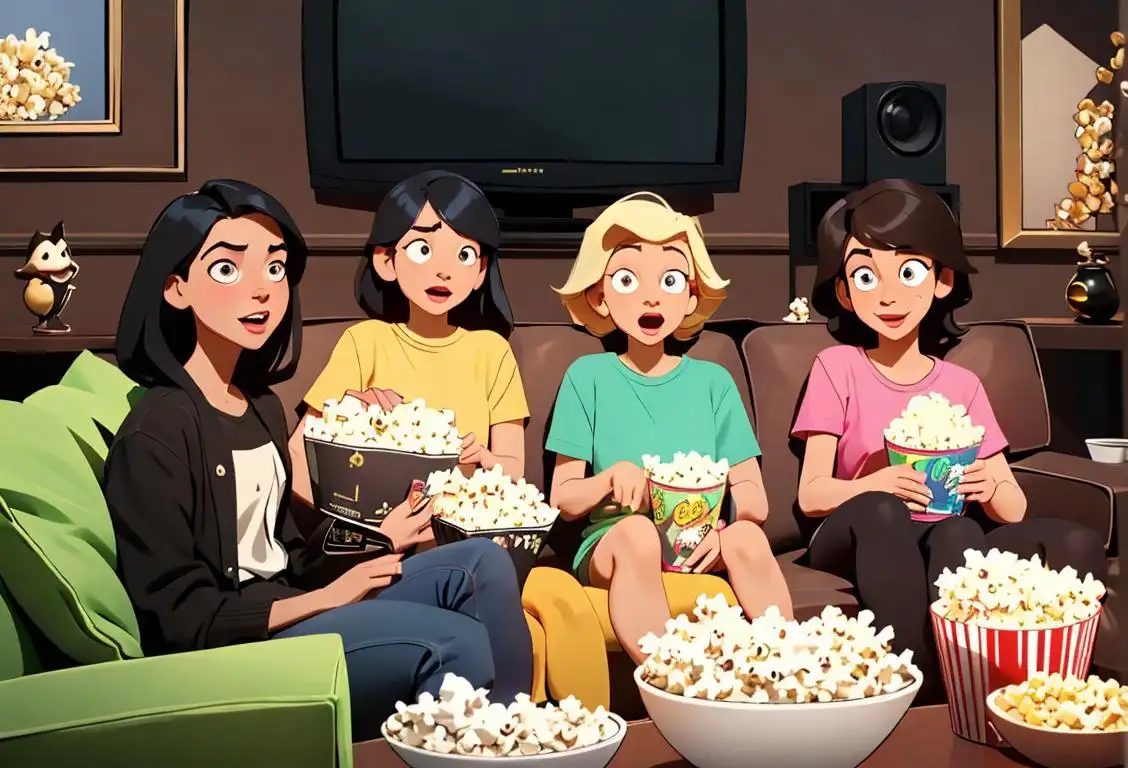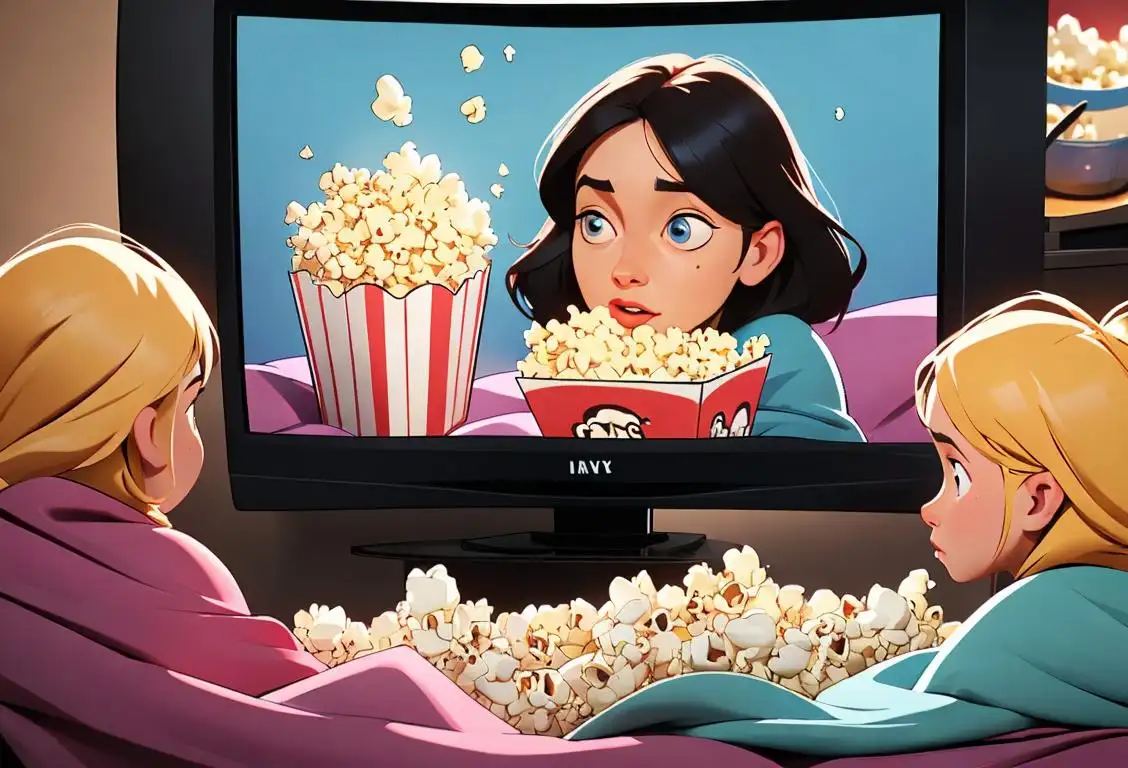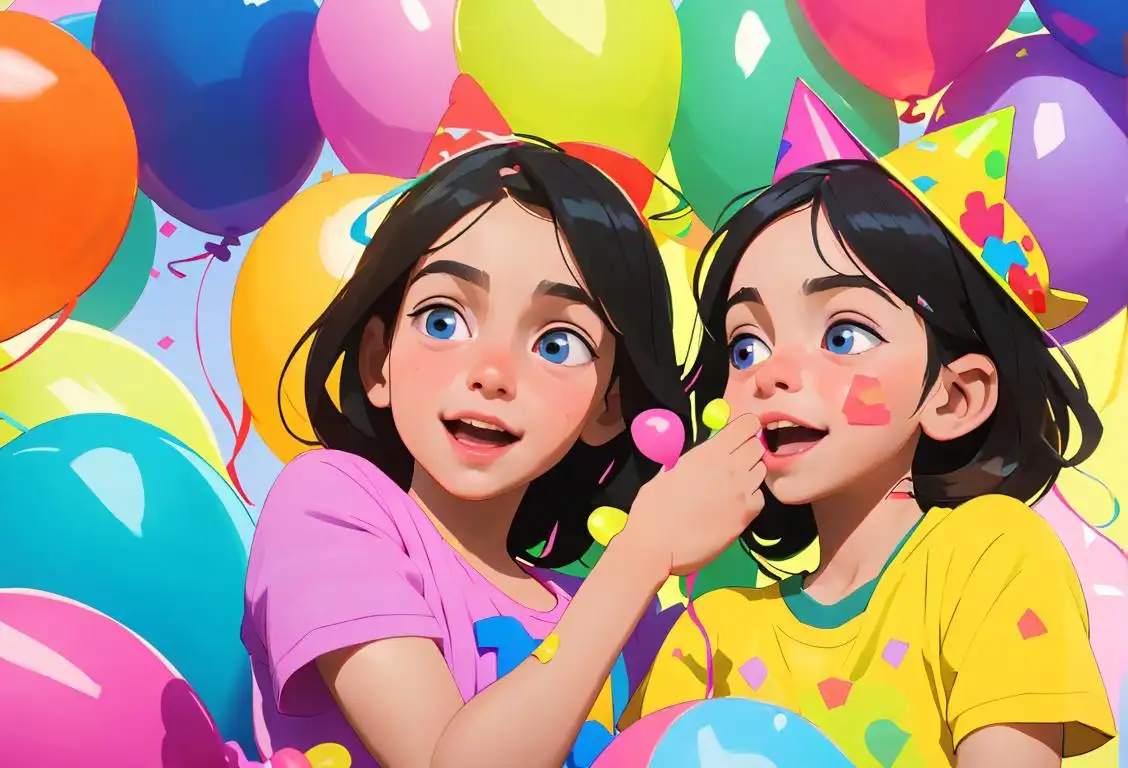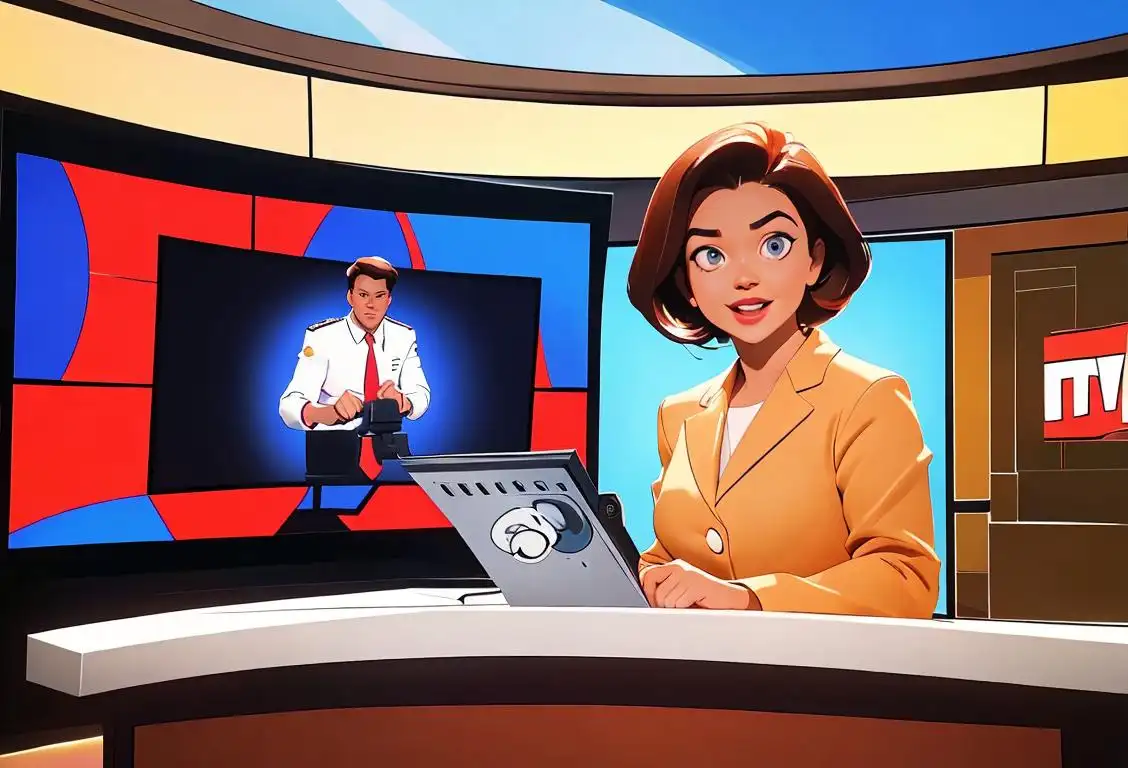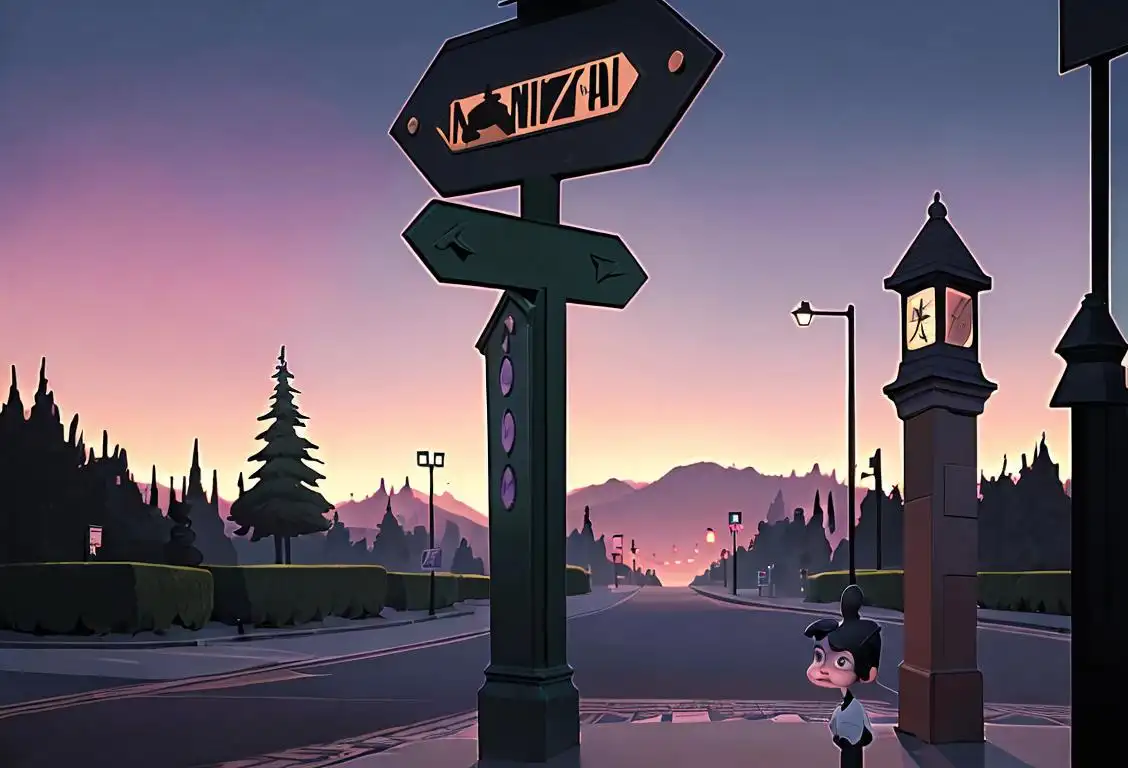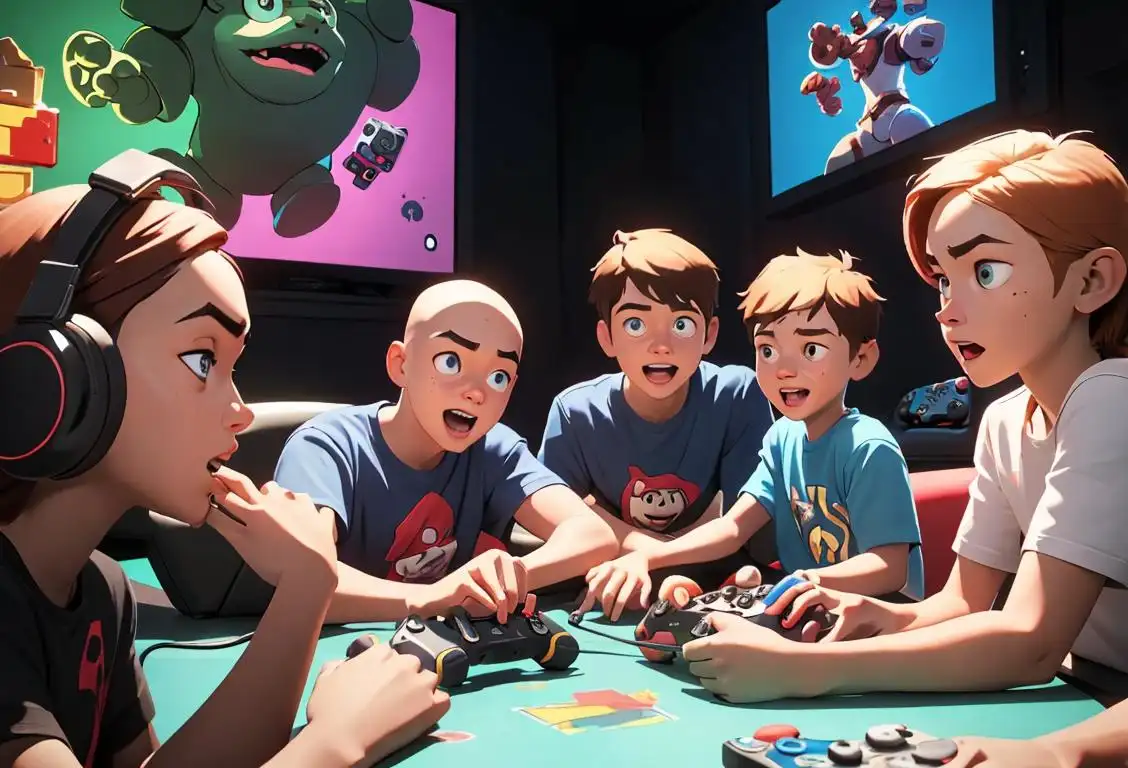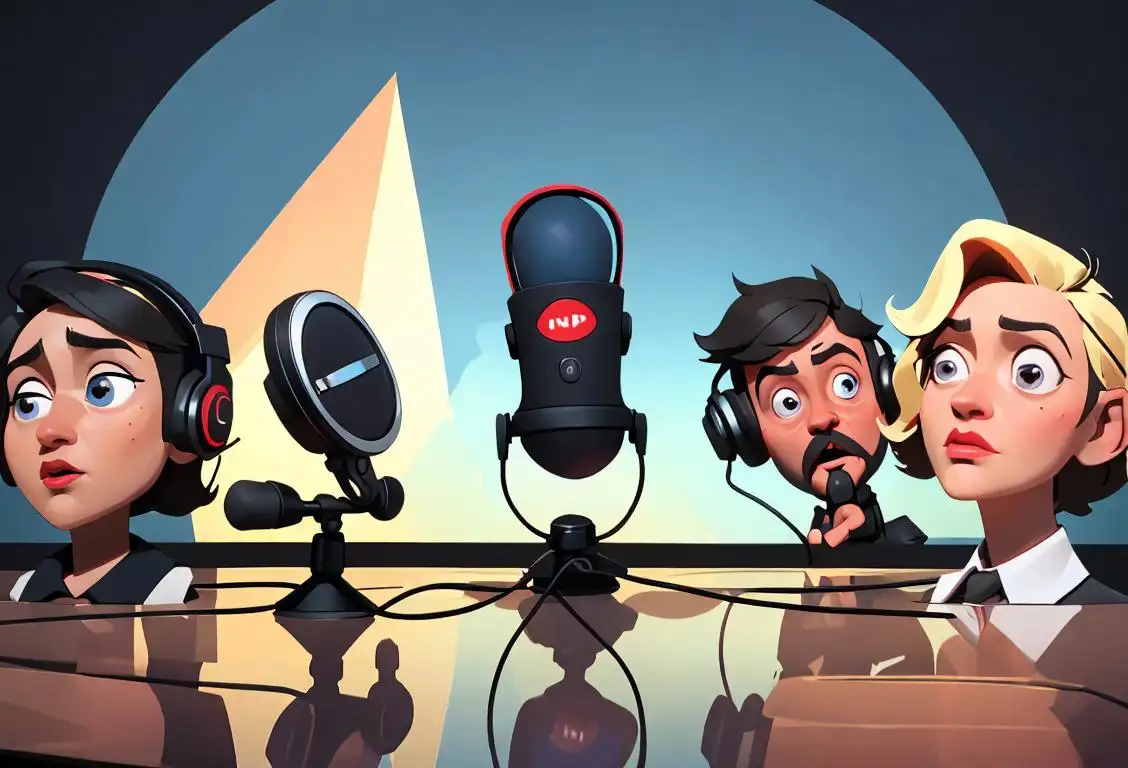National Theater Day
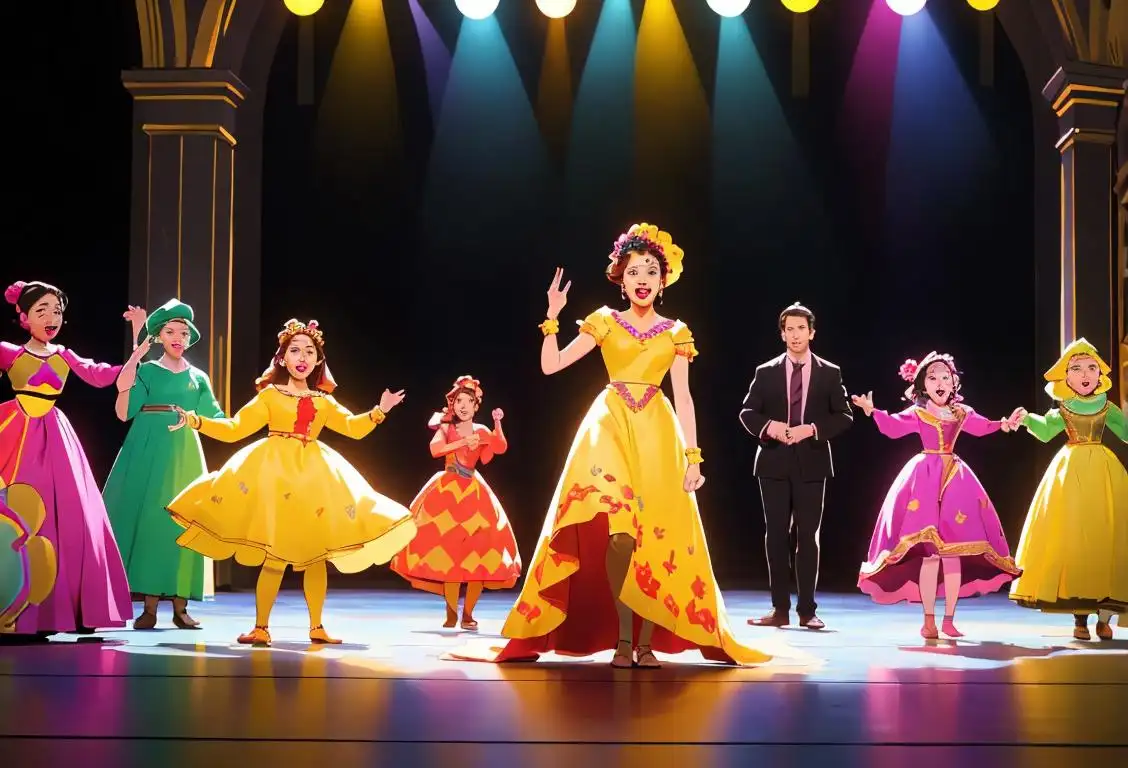
Hey there! Welcome to the fascinating world of National Theater Day! Get ready to take a front-row seat as we explore the rich history and excitement surrounding this special day.
When is Theater Day?
It's national theater day on the 19th November.
What is National Theater Day?
National Theater Day is an annual celebration that shines a spotlight on the art of theater and the talented individuals who bring stories to life on stage. Whether you're a theater enthusiast or someone who simply enjoys being entertained, this day is for you!
A Glance into Theater's Internet History
The online world has played a significant role in spreading the love for theater. Back on November 19, 2015, social media platforms were buzzing with 65 mentions of National Theater Day. People shared their favorite theater memories, recommended must-see shows, and expressed their undying admiration for their favorite actors and actresses.
From soul-stirring dramas to side-splitting comedies, the internet became a vibrant stage where theater enthusiasts united, forming virtual communities and sharing their passion for the performing arts. It's no surprise that National Theater Day took center stage in online discussions on that memorable day.
Why Celebrate National Theater Day?
Now, you may be wondering why we should celebrate theater when we have a world of movies and TV shows readily available at our fingertips. Well, my friend, theater offers something truly unique and irreplaceable. It's an immersive experience that transports you to different worlds, evoking a range of emotions that can't quite be replicated on a screen.
When you attend a theater performance, you become part of a shared experience between the actors and the audience. The chemistry and energy exchanged in the theater space create a magical atmosphere unlike any other. Plus, live performances often come with unexpected surprises and unscripted moments that make each show truly one-of-a-kind.
Did You Know?
On National Theater Day, did you know that the longest-running play in theater history is Agatha Christie's 'The Mousetrap'? This gripping murder mystery has been captivating audiences since its debut in 1952, making it an absolute must-see for theater aficionados around the world!
History behind the term 'Theater'
5th century BCE
Ancient Greek Origins
The term 'theater' traces its roots back to ancient Greece in the 5th century BCE. The Greeks, known for their flourishing culture, introduced theatrical performances as a form of entertainment and education. These performances took place in large outdoor arenas called 'theatron,' which translates to 'a place for viewing' in Greek. The term 'theater' originated from this Greek word and has since become synonymous with live performances.
2nd century BCE
Roman Influence
During the 2nd century BCE, the Romans, heavily influenced by Greek culture, adopted the art of theater. They built elaborate structures called 'theatrum' in which they performed plays based on Greek classics and even created their own. The Roman theaters were often semicircular in shape, providing better acoustics for the audience. The word 'theater' further spread across the Roman Empire and beyond as a term to describe these performance venues.
16th Century
Shakespearean Renaissance
In the 16th century, during the Renaissance period, theater gained immense popularity, especially in England. Playwrights like William Shakespeare emerged as prominent figures, and their works were performed in theaters across the country. The term 'theater' became closely associated with these stages, where Shakespearean plays and other theatrical productions were staged. This period marked a significant cultural shift, and theaters became central to both artistic expression and social gatherings.
19th Century
Industrial Revolution and Modern Theater
With the advent of the Industrial Revolution in the 19th century, the theater underwent considerable changes. Theatrical productions became more professionalized, thanks to advancements in technology, lighting, and stage design. New forms of entertainment, including melodramas and musical theater, emerged during this era. Theaters evolved into grand architectural marvels, adorned with opulent decorations and seating arrangements. The term 'theater' continued to expand and encompass this new era of modern performance art.
20th and 21st Centuries
Evolution and Adaptation
In the 20th and 21st centuries, the theater continued to evolve and adapt to changing societal tastes. The term 'theater' expanded its definition beyond physical venues to include various forms of performance, such as avant-garde theater, experimental plays, musicals, and even film and television. The concept of theater became more inclusive, embracing different cultural traditions and styles. It remains a vital and prominent art form, continuing to captivate audiences worldwide.
Did you know?
On National Theater Day, did you know that the longest-running play in theater history is Agatha Christie's 'The Mousetrap'?Tagged
fun entertainmentFirst identified
19th November 2015Most mentioned on
19th November 2015Total mentions
65Other days
Tv Every Day
Television Show Day
Ten Day
Tv Station Rounded Up News Session For The Day
Twilight Zone Day
Best Dick Day
Video Games Day
Sport Day
Podcast Day
Tv Day
